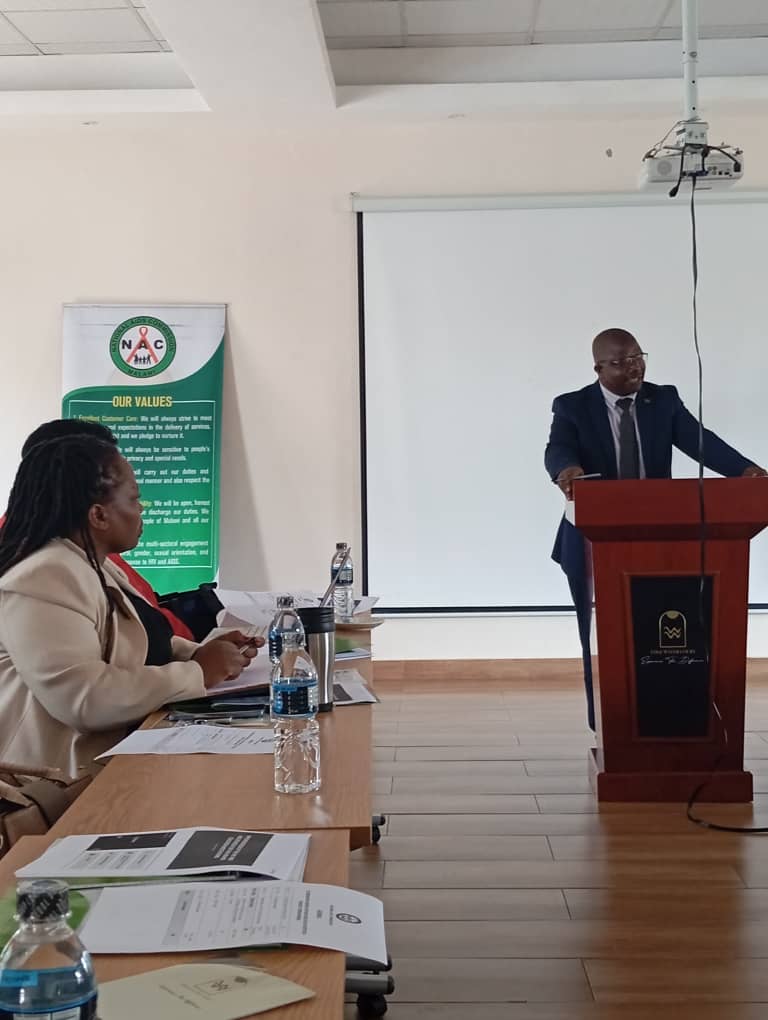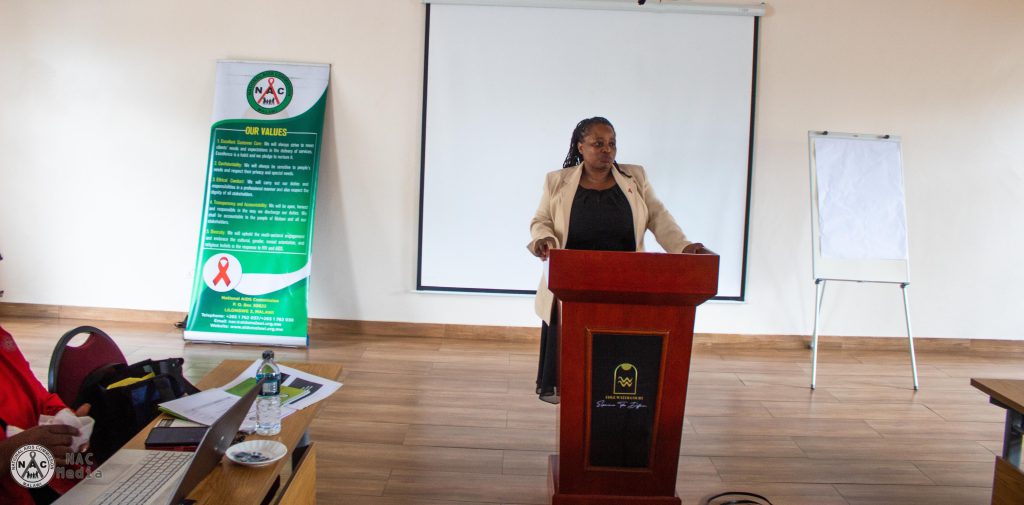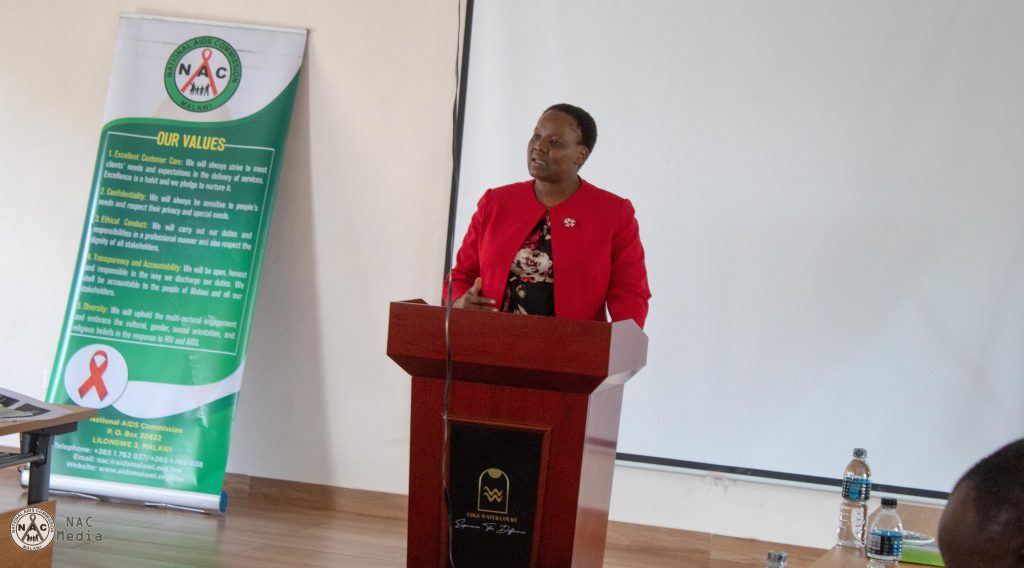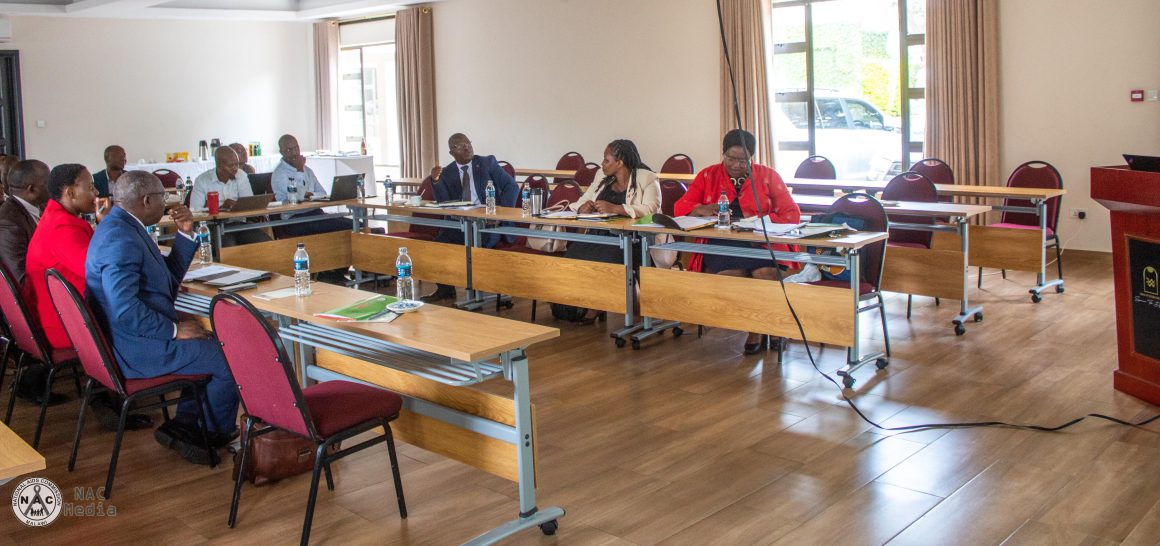Universities and Colleges contribute to the human development capital of the country. Malawi’s vision of being a self-reliant and prosperous nation will only be achieved if we are able to produce people with different competencies in various fields. The upcoming learned scholars need to have healthy lives during and after tertiary education. Various health and social risks can derail or restrict them from realizing personal goals and contributing to national development.
The recent Malawi HIV estimates (2022) have shown good progress as far as the 95:95:95 treatment targets are concerned with the overall progress shown to be 94:98;94. However, despite the progress, new HIV infections continue to be registered with an annual estimate of 15,630. About 33% of the new HIV infections are being registered among adolescent girls and young women (AGYW) aged 10 – 29 year, while adolescent boys and young men (ABYM) in the same age range account for 24% of all new HIV infections. The overall prevalence of HIV in the 15 to 49 age group (Reproductive Group) is 7.1%.
Blantyre, Zomba, Lilongwe and Mzuzu cities and some districts in the southern region (Zomba rural, Chiradzulu, Thyolo, Phalombe, Mangochi) are having higher prevalence and recording more new HIV infections than other geographical areas. Contextual issues that are likely to be leading to higher infections in the said geographical sites include, but are not limited to:
o Rapid urbanization with escalating poverty levels leading to transactional sexual behaviors.
o Intergenerational sexual activities between young girls and older men in exchange of material and monetary incentives.
o Rapid growth of tertiary institutions with students on self-boarding arrangements and limited means of supervision for self-discipline.

Higher Education Institutions (HEIs) are concentrated in the geographical locations where there is high HIV prevalence, especially the cities, and most students in the HEIs are within the age range with the highest HIV incidence (new infections rate). In view of this, the National AIDS Commission (NAC) organized a high-level coordination strengthening meeting with stakeholders in higher education including Ministry of Education, National Council for Higher Education (NCHE), and representatives of Public and Private Universities and Colleges. The meeting aimed at brainstorming means of addressing risk factors that could be promoting the spread of HIV among young people who are in the HEIs, and garnering high-level support for the already existing higher education HIV programming strategy.
In her opening remarks, NAC Chief Executive Officer, Dr. Beatrice Matanje, noted that the youth who are pursuing education in various HEIs in the cities and districts that are registering new HIV infections, might be at high risk for HIV, STIs and other health conditions including mental health problems; hence threatening the human capital development as a key enabler for national development. “There is need to enhance prevention efforts in these tertiary institutions and we also know that we have other students who are already HIV positive. These students face different challenges that affect their adherence to treatment due to stigma and discrimination. As a Commission, we are looking forward to candid discussions and recommendations coupled with high-level support to curb the current challenges and risk factors that young people in the higher education institutions are facing” said Dr Beatrice Matanje.
The Chief Executive Officer for the National Council for Higher Education (NCHE), Dr Ambumulire Phiri, emphasized on the need to re-focus the approach of demand creation for HIV prevention services that are done in HEIs considering the diversity of modern communication media consumption and factors that influence behaviour change. On the other hand, Dr Eneya, the Director of Higher Education in the Ministry of Education, emphasized the need to focus on a holistic approach in assessing and addressing challenges that pre-dispose students to venture into risky sexual behaviors including socio-economic factors.

The meeting came up with some resolutions that will be taken to technical HEI HIV Programming stakeholders for implementation such as having novel demand creation activities and innovative interventions for improved access to HIV prevention and treatment services. Other resolutions will be taken to a Vice Chancellors’ Forum for consideration such as proposed interventions for reducing economic vulnerabilities of students in HEIs, and introduction of private accommodation standards and/or regulations by NCHE; once the proposals are adopted, engagement with private landlords around various HEIs will follow.

In agreement with the resolutions made at this high-level meeting, Professor Emmanuel Kaunda, the vice chancellor of Lilongwe University of Agriculture and Natural Resources, who represents Public Universities and Colleges on the Malawi Partnership Forum (MPF) for HIV and AIDS, emphasized on the need for teamwork for all players that have stakes in HEIs, in addressing the challenges that were highlighted at this meeting.
The high-level stakeholders meeting was conducted on 18th April 2024 at Edge Water Court in Area 47, in Lilongwe.

